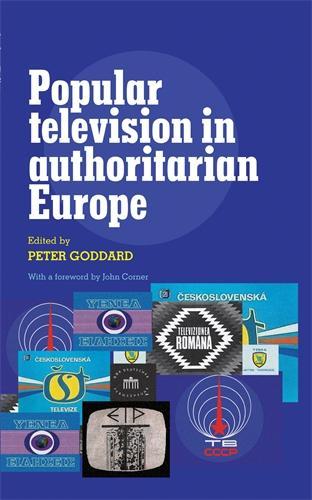
Popular Television in Authoritarian Europe
(Hardback)
Publishing Details
Popular Television in Authoritarian Europe
By (Author) Peter Goddard
Manchester University Press
Manchester University Press
2nd December 2013
United Kingdom
Classifications
Physical Properties
Hardback
232
Width 138mm, Height 216mm
Description
This lively and ground-breaking collection brings together work on forms of popular television within the authoritarian regimes of Europe after World War Two. Ten chapters based on new and original research examine approaches to programming and individual programmes in Spain, Greece, Czechoslovakia, Romania, the USSR and the GDR at a time when they were governed as dictatorships or one-party states. Drawing on surviving archives, scripts and production records, contemporary publications, YouTube clips and interviews with producers and performers, its chapters recover examples of television programming history unknown beyond national borders and often preserved largely in the memories of the audiences who lived with them. The introduction examines how television can be considered 'popular' in circumstances where audience appeal is often secondary to the need for state control. Published in English, Popular television in authoritarian Europe represents a significant intervention in transnational television studies, making these histories available to scholars for the first time, encouraging comparative enquiry and extending the reach - intellectually and geographically - of European television history. There is a foreword by John Corner and an informative timeline of events in the history of television in the countries covered. -- .
Reviews
"Focusing on parts of Europe often neglected in English-language research, this collection of essays offers a fresh perspective on the history of television cultures beyond the liberal democracies of the West.....the rich array of material presented offers plenty of useful bases for a conceptual endeavour of this kind."
(European Journal of Communication; July 2014)
Author Bio
Peter Goddard is a Senior Lecturer in the Department of Communication and Media, University of Liverpool
